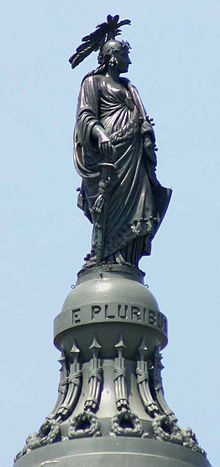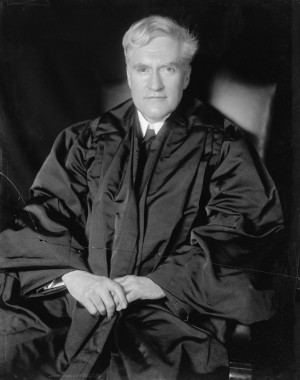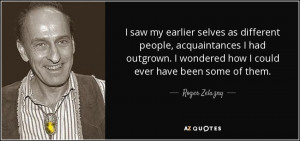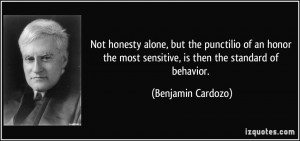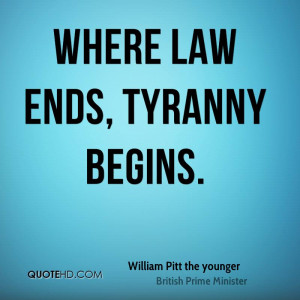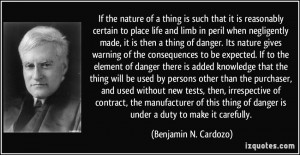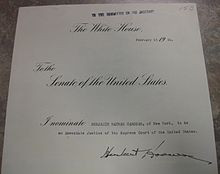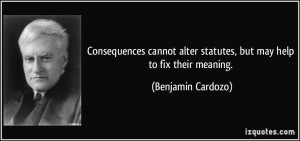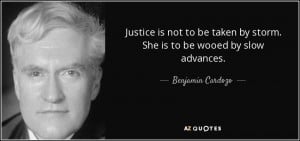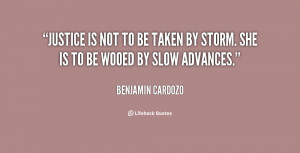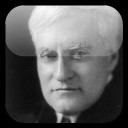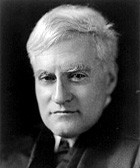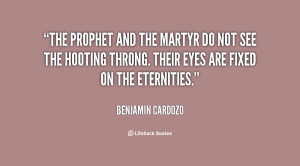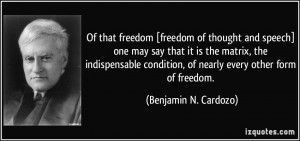Benjamin N. Cardozo — American Judge born on May 24, 1870, died on July 09, 1938
Benjamin Nathan Cardozo was an American jurist who served on the New York Court of Appeals and later as an Associate Justice of the Supreme Court. Cardozo is remembered for his significant influence on the development of American common law in the 20th century, in addition to his philosophy and vivid prose style. Cardozo served on the Supreme Court six years, from 1932 until his death in 1938. Many of his landmark decisions were delivered during his eighteen-year tenure on the New York Court of Appeals, the highest court of that state... (wikipedia)
There comes not seldom a crisis in the life of men, of nations, and of worlds, when the old forms seem ready to decay, and the old rules of action have lost their binding force. The evils of existing systems obscure the blessings that attend them, and, where reform is needed, the cry is raised for subversion.
In law, as in every other branch of knowledge, the truths given by induction tend to form the premises for new deductions. The lawyers and the judges of successive generations do not repeat for themselves the process of verification any more than most of us repeat the demonstrations of the truths of astronomy or physics.

